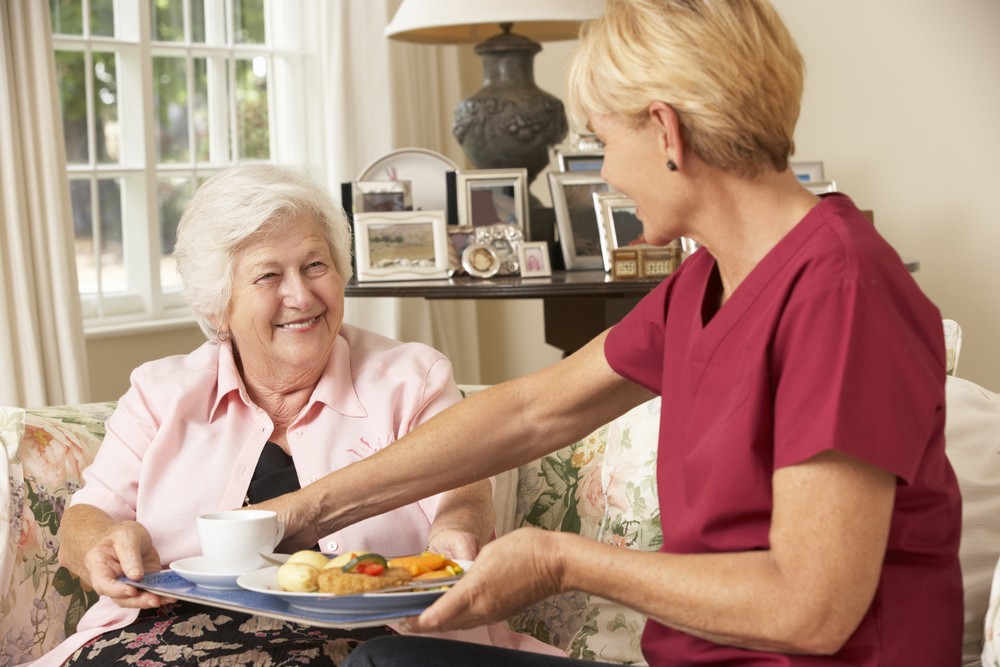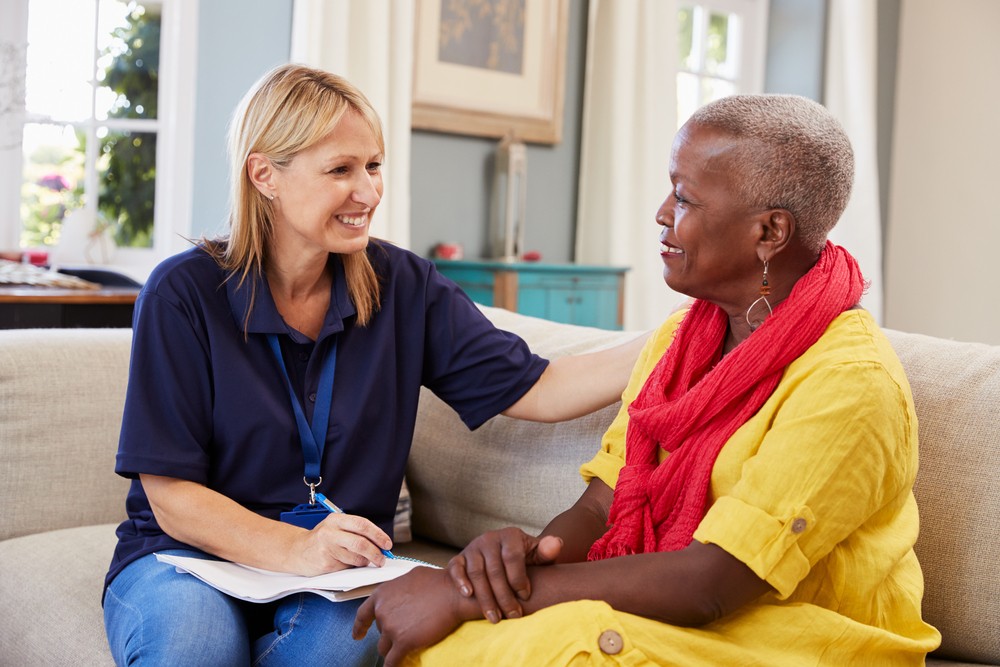Common Signs That Your Elderly Parent Needs Help

When you have an aging parent, it can be difficult to know when to step in and offer help. On one hand, your elderly parent may want independence. On the other hand—if you notice signs that your elderly parent needs help—you want to make sure they are getting the care they need.
As you navigate changes in your parent’s health and abilities, you have many options. Above all, you want to put their safety and health first. Watch out for these common signs that it may be time for extra care and support.
Changes in Physical Health
When your elderly parent needs help, you may notice changes in their physical well-being. Ask yourself these questions about the physical signs that they need additional care:
- Mobility issues – Does my parent have a hard time sitting or standing? Are they unable to easily get up from a chair?
- Nutrition changes – Have you noticed they’ve lost weight? Do they struggle to prepare meals or only eat pre-made food or snacks?
- Increased injuries – Do you notice they have more cuts or bruises? Has your elderly parent fallen and hurt themselves before?
Changes in Mental Health
In addition to physical health, you may notice mental health changes. Ask these questions to catch common mental health signs that your elderly parent needs help:
- Scatterbrained – Have you noticed they are losing important items more often? Do they forget important dates or details?
- Mood swings – Have there been changes in their emotions? Have others told you they’ve noticed your loved one acting differently?
- Signs of depression – Does your elderly parent seem to laugh or smile less? Has there been a change in their overall attitude or outlook on life?
- No longer enjoying activities – Has there been a change in their desire to do what they once loved? When was the last social activity they enjoyed?
Changes in the Ability to Care for Their Home or Self
Your elderly parent may be hesitant to admit when they need more help at home. Look for these signs that they may be struggling to care for daily tasks:
- Broken items at home – Are they no longer keeping up with minor fixes like changing light bulbs? Are there items or appliances that need to be repaired that haven’t been?
- Changes in cleaning or home organization – Does your loved one suddenly have piles of dishes, laundry, or trash in the home? Does it feel less clean when you visit?
- Trouble with daily tasks – Does your elderly parent seem forgetful or unsure how to do normal daily tasks?
- Changes in appearance or clothing – Have you noticed your parent wearing the same clothes multiple days in a row? Have there been changes in appearance or hygiene?
Specialized Care When Your Elderly Parent Needs Help
If you answered yes to some of these questions, it may be time to talk about additional care for your parent. You may find it helpful to bring other loved ones into the conversation. The AARP also suggests getting your parent’s primary care provider involved. In general, your parent may be more willing to listen to a trusted health provider. Together, you can discuss options like senior living or assisted living and how to best meet your loved one’s needs.
Our team at Autumn Leaves specializes in helping seniors with the right level of care so they can live a healthy, fulfilling life. From physical well-being to help with daily tasks like meals, we’re here to support your parent and you. Contact us today to navigate your options for an elderly parent that needs more care.




